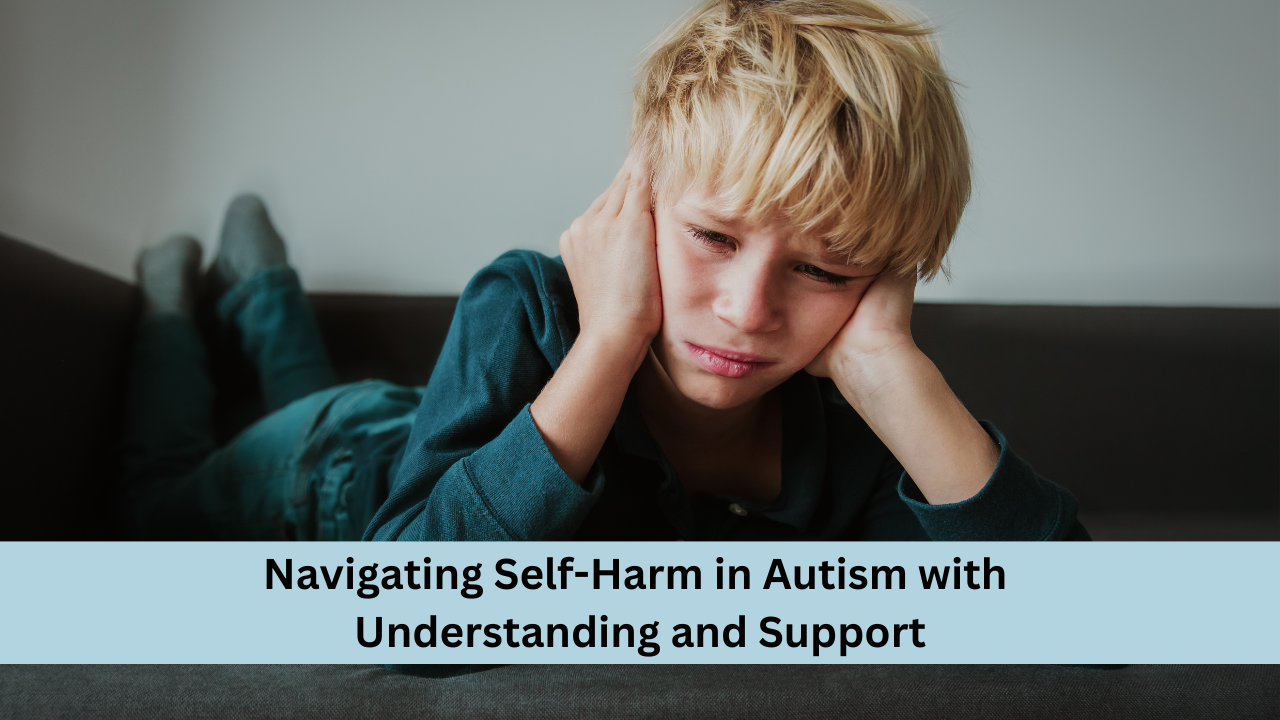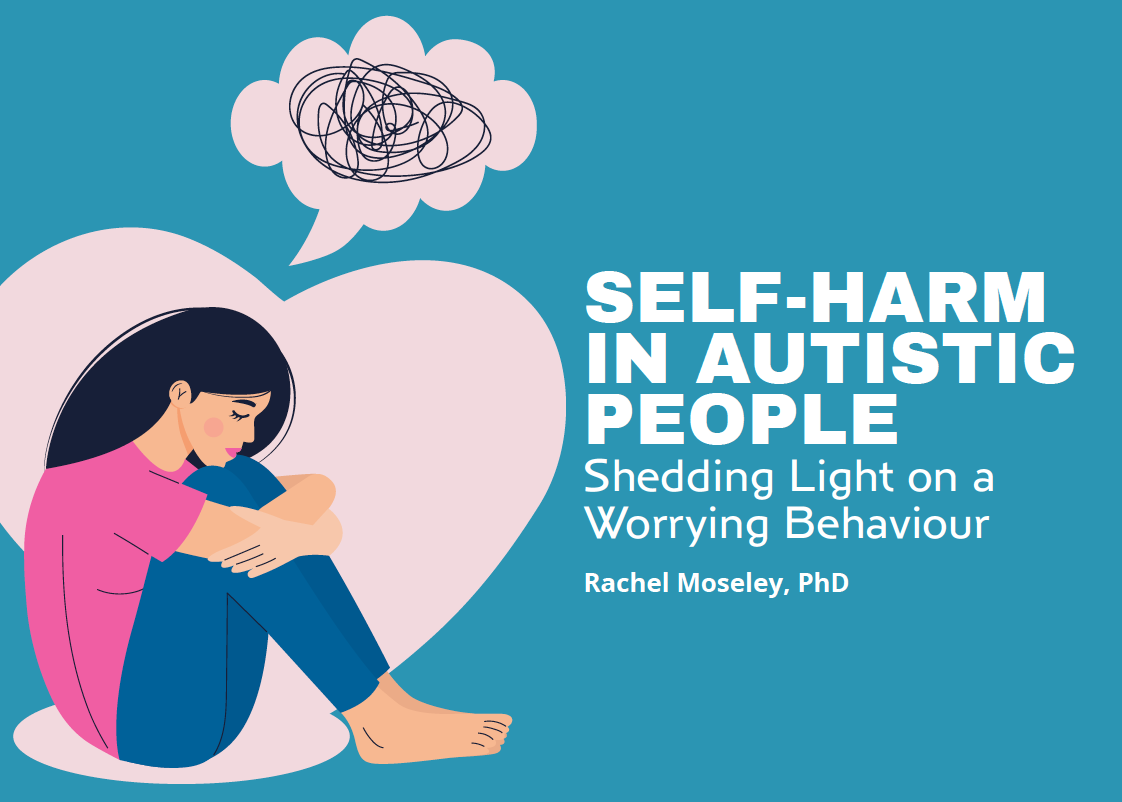Navigating Self-Harm in Autism with Understanding and Support
Sep 03, 2023
Talking about self-harm is something that might not be easy to discuss but is incredibly important. It's a topic that deserves our attention, even if it's a bit tough to wrap our heads around.
Scientists often refer to self-harm as non-suicidal self-injury (NSSI). According to Dr. Rachel Moseley, autistic and non-autistic individuals engage in NSSI (Non-Suicidal Self-Injury) for various reasons, which differ based on the person and situation. While some use NSSI for sensory stimulation or communication, most do it as a coping mechanism for emotions like anger, stress, and anxiety. Research shows that autistic individuals may view NSSI differently: some as an addiction, others as a deliberate strategy to manage overwhelming feelings. Non-speaking autistic individuals with intellectual disabilities also engage in self-harm due to distress from unexpected changes, communication difficulties, and sensory discomfort, aiming to soothe these feelings.
Dr. Moseley is a researcher and Principal Investigator (Bournemouth University, England), and is also an autistic adult. She shares some ways parents and caregivers can support an autistic individual who engages in self-harming behavior. She suggests the following:
- Try your best to stay calm and respond in a patient, compassionate and non-judgemental way
- Seek to understand what triggers NSSI in your child
- Offer help with emotional awareness and expression
- Tackle low self-worth and loneliness
Dr. Moseley wrote an article for Autism Advocate Parenting Magazine, expanding on this invaluable information. Expand your understanding of self-harm, and more importantly, how you can best support your autistic child.

Access Dr. Moseley's article in our article directory by clicking here.
Stay connected with news and updates!
Join our mailing list to receive the latest news and updates from our team.

